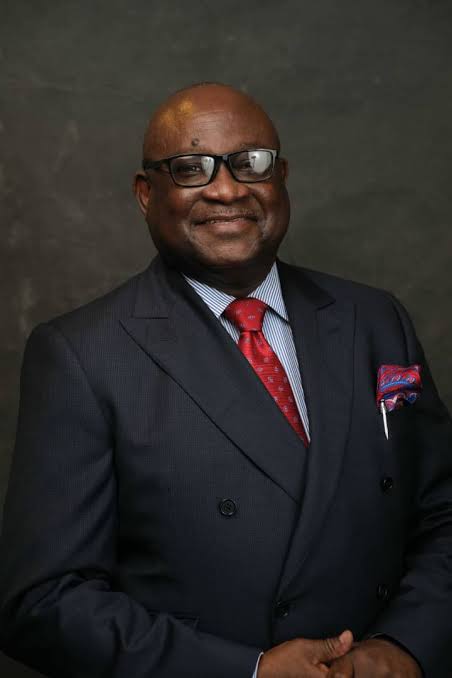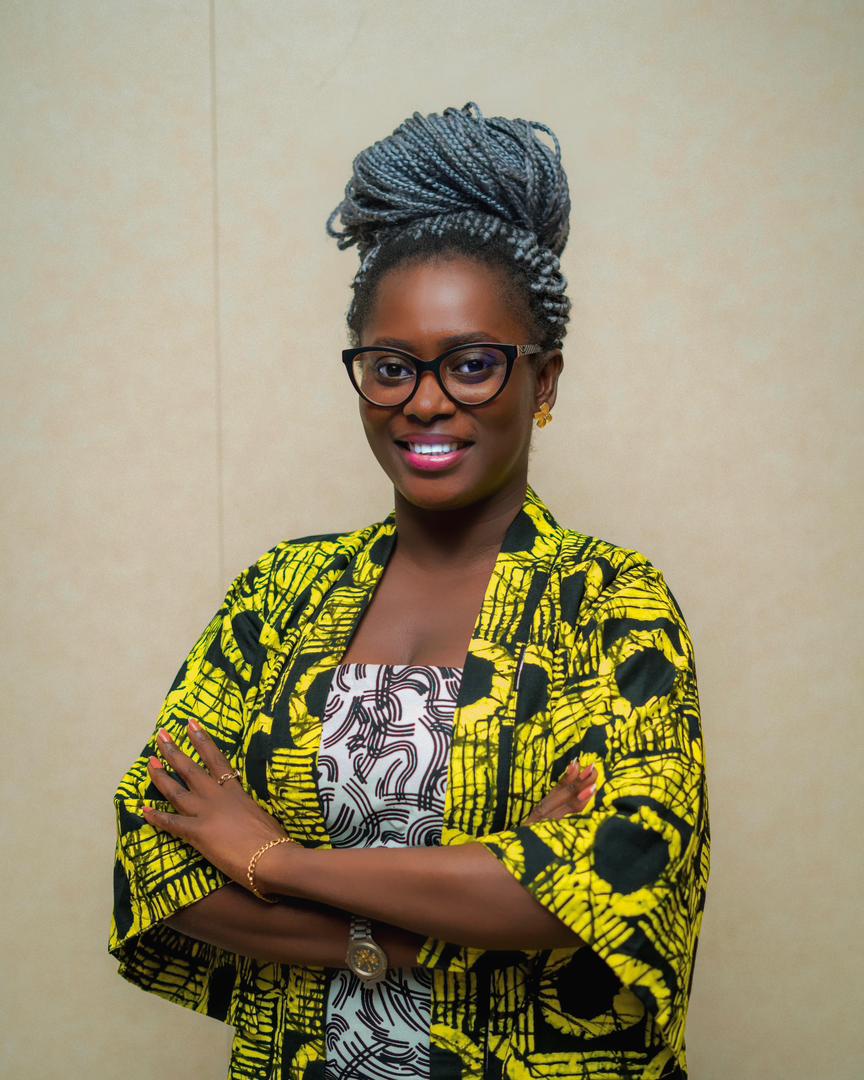At the recently concluded Creative Powerhouse Summit, QEDNG brought together key stakeholders to deliberate on the future of Nigeria’s creative sector.
Udeme Ufot, the Group Managing Director of SO&U, chaired the event and delivered a compelling keynote address that called for smart financing, innovative policies, and collaboration to unlock the industry’s full potential.
Ufot Emphasizes the Need for Smart Financing and Production-Oriented Investment
Ufot directly addressed the summit’s theme, “Financing as Catalyst for a Thriving Creative Economy,” and focused on building a sustainable ecosystem capable of exporting creative talent.
He highlighted that supporting the industry means going beyond consumption to enable production and distribution.
He stated, “Our goal is not just to support consumption, but to enable production, distribution, and creative output.”
Ufot made it clear that the sector doesn’t require indiscriminate funding, but rather smart financing from investors who understand the long-term nature of content development.
Industry Requires Investor-Backed Products and Policy Support
Moving forward, Ufot stressed the importance of developing financial products specifically designed for creative entrepreneurs.
He pointed out that banks and investors must be willing to back the sector with tailor-made solutions.
Additionally, government policies must encourage innovation and calculated risk-taking.
He called on private sector leaders to promote scalable and locally relevant business models, insisting that the ecosystem requires all players—financial institutions, policymakers, and business leaders—to actively participate in shaping its success.
Data and Insight Crucial for Projecting Economic Impact
In discussing evidence-based strategies, Ufot highlighted the pressing need for comprehensive data and insights.
He asserted that reliable data is essential for forecasting and demonstrating the creative industry’s broader economic and social impact.
“We also need stronger evidence-based data to inform decisions and demonstrate the social and economic impact of the creative economy,” he noted.
Ufot called for measuring value beyond box office numbers, emphasizing indicators like job creation, export growth, community engagement, and cultural preservation.
Creatives Must Blend Talent with Business Acumen
Transitioning to talent development, Ufot urged creative entrepreneurs to build a dual skill set.
He stressed that creatives must pair their artistic abilities with financial literacy and risk management to gain investor confidence.
He explained that by taking a proactive, business-oriented approach, creatives would better navigate challenges and attract investor interest.
“To truly optimize the potential of creative entrepreneurs, they must invest in personal development, including basic financial literacy and business management skills,” he said.
Strategic Conversations Must Replace Academic Debates
Ufot encouraged all stakeholders to approach the summit’s dialogue as a strategic imperative.
He posed critical questions on topics such as financing models from other regions, intellectual property protection, and the role of various funding mechanisms including cooperative and equity funding.
He asserted that the sector must stop viewing such conversations as theoretical.
Instead, he advocated for actionable steps that would directly impact the industry’s infrastructure and support systems.
Summit Commits to Concrete Actions and Policy Reform
As the event concluded, Ufot made it clear that the summit aimed not just to identify challenges but to initiate real change.
He outlined a commitment to industry investment funds, enhanced policy frameworks, and ongoing collaborative task forces.
“We’re committing to action industry investment funds, improved policy frameworks, and collaborative task forces to continue this conversation beyond this room,” he said, urging participants to assume a shared responsibility for the future of the sector.
Nigeria Must Leverage Creativity as an Economic Asset
Ufot closed with an optimistic vision, underscoring the transformative power of creativity.
He reminded the audience that Nigeria is rich in talent and vision, and emphasized the need to build an ecosystem capable of nurturing and exporting that talent globally.
“Creativity is more than entertainment – it’s a reflection of our identity, a driver of influence, and a thriving industry,” he said.
To diversify the economy and unlock national potential, he insisted that empowering youth through creativity is not optional but necessary.
He concluded by calling on stakeholders to build an economy that doesn’t just consume creativity but champions and exports it, ultimately showcasing Nigeria’s unique perspectives to the world.







Comment
No comments found.